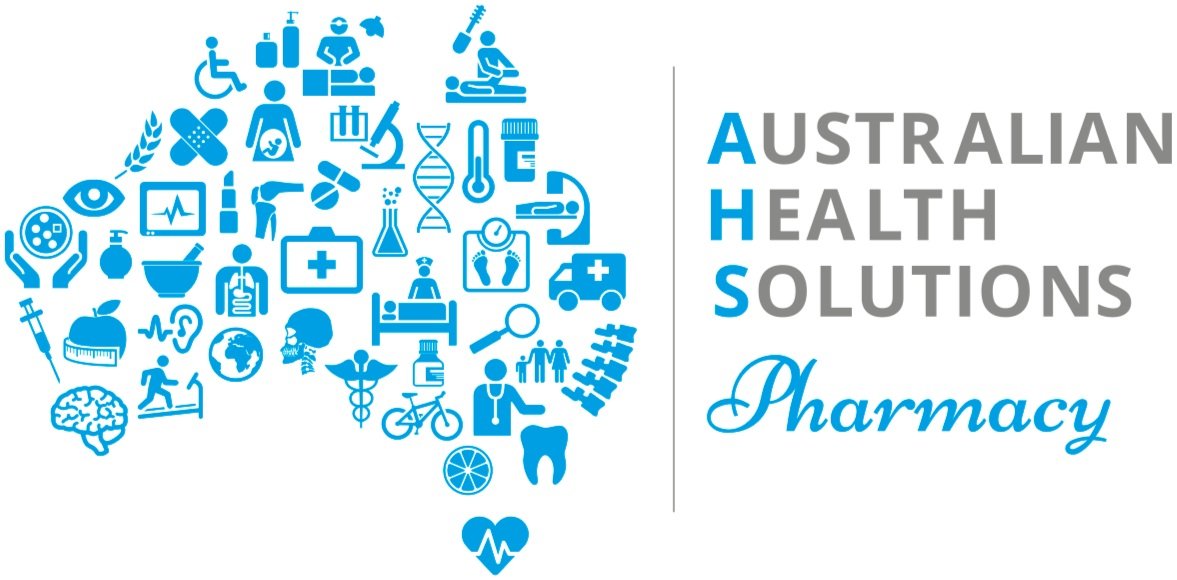The Role of Complementary Compounding Services in Pediatric Healthcare
In the ever-evolving landscape of healthcare, the significance of personalised medicine has become increasingly evident, particularly in the realm of paediatric care. Children often present unique challenges when it comes to medication, from dosage precision to taste preferences. Complementary compounding services have emerged as a crucial component in addressing these challenges and providing tailored solutions for paediatric patients.
Understanding Pediatric Healthcare Challenges
Paediatric healthcare presents a myriad of challenges, with children requiring special attention and care, especially when it comes to medication. Commercially available medications are often limited in dosage forms, taste options, and allergen considerations. This limitation underscores the necessity for personalised solutions that cater to the specific needs of each paediatric patient.
What is Complementary Compounding in Pediatric Healthcare?
Complementary compounding services involve the customisation of medications to meet the unique needs of individual patients. In the context of paediatric healthcare, this means formulating medications that are safe, effective, palatable, and easy to administer. This approach contrasts the one-size-fits-all commercially available medication model, allowing for a more personalised, child-friendly healthcare experience.
Regulatory considerations and safety standards play a pivotal role in ensuring the reliability and safety of compounded medications for paediatric patients. Compounding pharmacies adhere to strict guidelines to guarantee the quality and efficacy of these personalised formulations.
The Benefits of Complementary Compounding for Pediatric Patients
Precision Dosing for Pediatric Age Groups: One of the primary advantages of complementary compounding services is the ability to tailor medication dosages precisely to the unique requirements of paediatric patients. This is especially crucial in paediatrics, where weight and age variations can significantly impact the effectiveness of standard medications.
Addressing Taste and Texture Preferences: Children can be particularly sensitive to the taste and texture of medications, often leading to non-compliance. Complementary compounding allows pharmacists to work with healthcare providers and caregivers to formulate medications with appealing flavours and textures, increasing the likelihood of successful administration.
Allergen-Free and Customised Formulations: Paediatric patients may have allergies or sensitivities that necessitate the removal of certain ingredients from medications. Complementary compounding services enable the creation of allergen-free formulations, ensuring the safety and well-being of the child.
Overcoming Medication Administration Challenges: Children, especially younger ones, may struggle with swallowing pills or dislike the taste of liquid medications. Compounding pharmacists can create alternative dosage forms, such as flavoured lozenges, oral suspensions, or even transdermal gels, making medication administration more manageable and less stressful for children and caregivers.
The Collaborative Approach: Healthcare Providers and Compounding Pharmacists
Ensuring the success of complementary compounding services in paediatric healthcare requires a collaborative approach between healthcare providers and compounding pharmacists. Paediatricians and other healthcare professionals play a crucial role in understanding the specific needs of their young patients and communicating these requirements to compounding pharmacists. This collaboration ensures compounded medications align with each child's treatment plan and health goals.
Compounding pharmacists, with their specialised knowledge and expertise, work closely with healthcare providers to formulate effective and well-tolerated medications by paediatric patients. This partnership fosters a patient-centred approach, where the focus is on the unique needs of each child rather than a one-size-fits-all solution.
Navigating Safety and Regulatory Considerations
Ensuring the safety of compounded medications for paediatric patients is of utmost importance. Compounding pharmacies adhere to stringent regulatory standards, including those set by the Pharmacy Board of Australia (PBA) and other relevant authorities. This commitment to quality and safety involves rigorous testing and quality control measures to guarantee the reliability of compounded medications.
When provided by reputable compounding pharmacies - such as AHS Compounding Pharmacy, parents and caregivers can have confidence in the safety of complementary compounding services. The collaboration between healthcare providers and compounding pharmacists ensures that the compounded medications meet the highest safety and efficacy standards.
Future Trends and Innovations in Pediatric Compounding
Looking ahead, ongoing advancements in technology and research are poised to further enhance the field of paediatric compounding. Technological innovations may lead to new dosage forms, improved flavour masking techniques, and even more precise dosing options for paediatric patients. Continued research and development in paediatric pharmaceutical compounding are essential for expanding the range of personalised solutions available to young patients.
Educating Parents and Caregivers: Tips for Informed Decision-Making
Educating parents and caregivers about complementary compounding services is essential for informed decision-making. Open communication with healthcare providers and pharmacists is critical to understanding the benefits and considerations of personalised paediatric medications. The AHS Compounding pharmacy team will guide you through any questions or queries. Resources such as informational pamphlets, online articles, and consultations with healthcare professionals can provide valuable insights into the advantages of complementary compounding for children.
Conclusion
In conclusion, complementary compounding services are pivotal in addressing the unique challenges of paediatric healthcare. The personalised and collaborative approach between healthcare providers and a compounding pharmacy in Melbourne ensures that paediatric patients receive medications that are effective and tailored to their specific needs and preferences. As technology and research advance, the future holds exciting possibilities for further innovations in paediatric compounding, ultimately contributing to young patients' well-being and improved outcomes.


